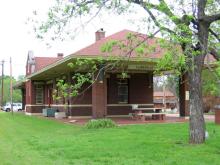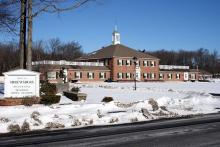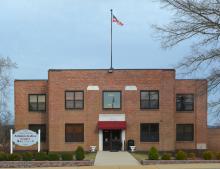Clarksville, Ark., Digs Into Fiber Build, Plans First Home Connections
John Lester, General Manager of Clarksville Connected Utilities (CCU) in Clarksville, Arkansas, knows a thing or two about the value of a municipal broadband network.
“Just keeping the dollars in Clarksville is gonna have a big impact. Do you have a calculator handy?” Lester asked me, when I called him earlier this month to learn more about the city’s planned foray into residential broadband services.
“Let me talk you through something,” he replied, after I said I did. “Let’s say we’ve got 4,500 potential customers and 75 percent of them get high-speed Internet, in some fashion. What’s that number?”
From there, he ran through a handful of calculations to illustrate the economic benefit of Clarksville’s new Fiber-to-the-Home network. Assuming residents save about $20 per month and the savings continue to circulate locally, the network could grow the city’s economy by $4 million every year.
“That stays in our consumers’ pockets right here in Clarksville, Arkansas,” Lester explained. “There is an economic impact today and every year going forward.”
Residential broadband service is only the most recent evolution for Clarksville’s municipal fiber network, which already connects utility infrastructure as well as area businesses and community anchor institutions in the city of nearly 10,000. Home installations are due to start soon, depending on delays caused by the global Covid-19 outbreak.
Starting With a Plan




